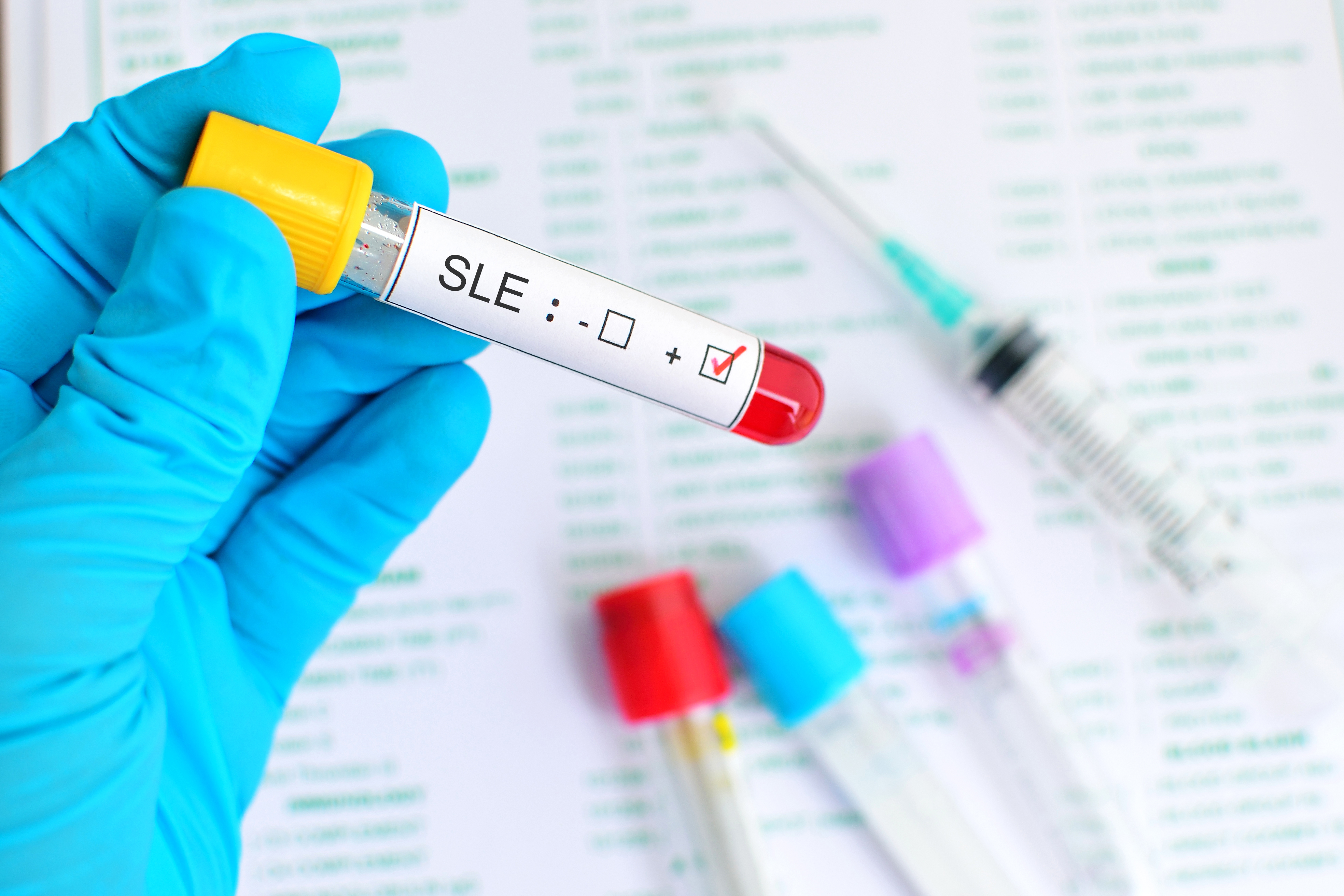Vitamin D Levels Low in People with Severe Lupus, Study Shows
Written by |

Those with severe cases of systemic lupus erythematosus (SLE) have low levels of vitamin D, according to new research.
The study, “25-Hydroxivitamin D Serum Concentration, Not Free and Bioavailable Vitamin D, Is Associated with Disease Activity in Systemic Lupus Erythematosus Patients,” was published in the journal PLoS One.
Vitamin D deficiency is common in SLE patients. Because they are sensitive to light, they avoid exposure to the sun, which helps create vitamin D through the skin. The SLE medications glucocorticoids and hydroxychloroquine may also reduce vitamin D levels in blood.
Researchers evaluated the disease activity of 199 SLE patients using the Systemic Lupus Erythematosus Disease Activity Index (SLEDAI). They also collected blood samples to determine the patients’ vitamin D levels.
The team measured the blood levels of 25-hidroxyvitamin D [25(OH)D], a circulating form of vitamin D, and of vitamin D binding protein (DBP). The protein binds to 25(OH)D, regulating its stability and delivery to tissues.
Results showed that 25(OH)D serum concentrations were significantly lower in SLE patients than in 150 healthy volunteers. In the patient cohort studied, 142 or 71.4% had 25(OH)D serum concentrations below 30 ng/mL. The researchers categorized vitamin D deficiency as a 25(OH)D level lower than 20 ng/mL, and vitamin D insufficiency as a 25(OH)D level lower than 30 ng/mL
When the team looked for associations between 25(OH)D serum concentrations and disease activity, they discovered the concentrations were lower in patients with severe activity — those with SLEDAI scores of 20 or more — but not in patients with milder cases of the disease — those with SLEDAI scores of 1–5. They found no correlation between DBP blood levels and disease activity.
Researchers said it is possible that vitamin D deficiency alters the immune system in ways that lead to SLE. The deficiency may be a consequence of the disease, they said.
The team wrote that it was unable to “establish a causal relationship between vitamin D serum concentration and disease activity in SLE patients.” Whether “low vitamin D serum concentrations are a causal co-factor in the immunological disturbances that characterize SLE, or if, on the contrary, the inflammatory disease process and low sun exposure causes reduction in vitamin D serum concentrations,” will require additional research, the authors added.
They called for a study that tracks vitamin D levels in SLE development over time.




